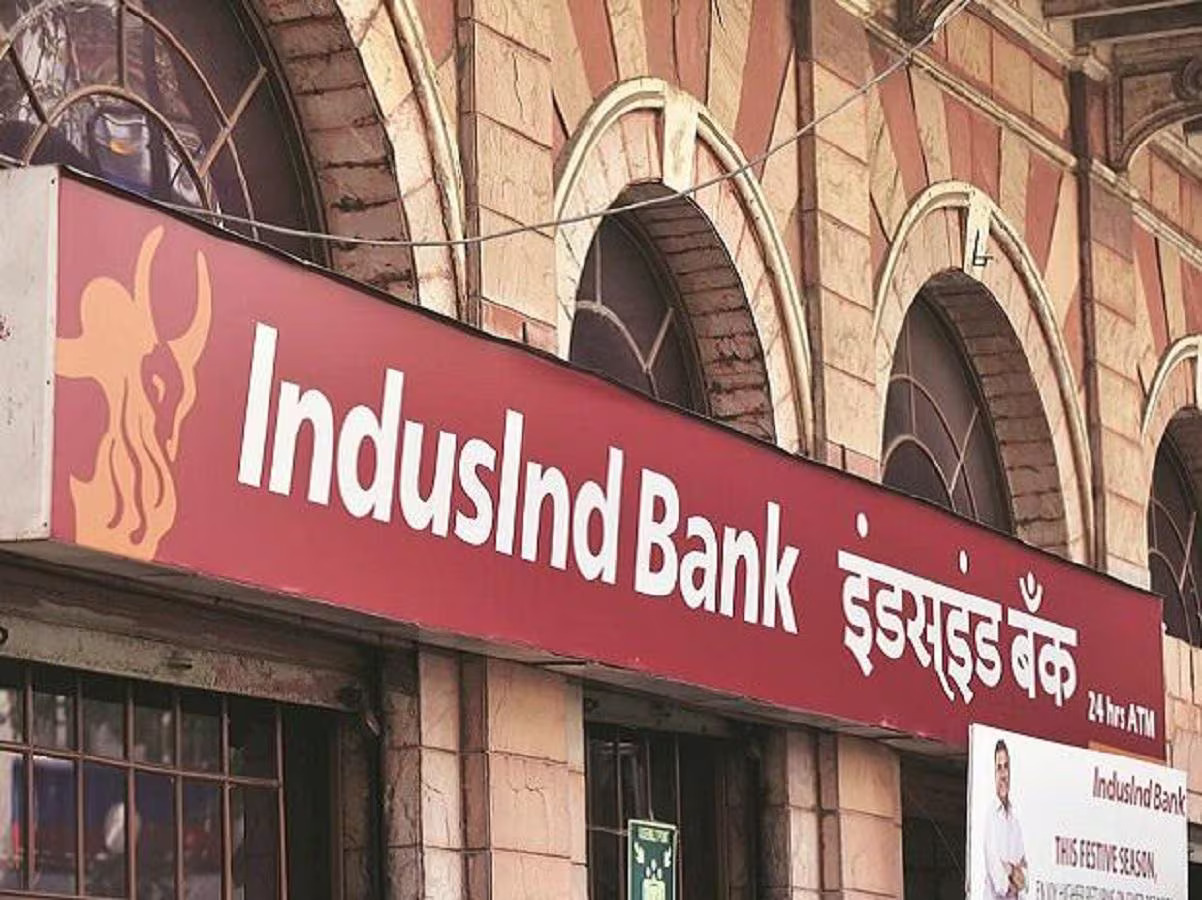IndusInd Bank CEO Sumant Kathpalia Resigns Following Derivatives Scandal; Leadership Crisis Deepens
IndusInd Bank’s Managing Director and CEO, Sumant Kathpalia, resigned abruptly on April 30, 2025, amid revelations of a ₹1,979 crore accounting scandal linked to its derivatives portfolio. The resignation, framed as a move to take “moral responsibility,” has plunged the private lender into a leadership crisis and raised concerns over governance and regulatory oversight.
The Derivatives Scandal: Key Developments
- Accounting Irregularities: Internal audits uncovered discrepancies in how the bank recorded derivative trades between its treasury and asset-liability management (ALM) teams. While external trades were marked to market, internal transactions used accrual accounting, masking losses and inflating profits.
- Financial Impact: The irregularities eroded the bank’s net worth by 2.27% (₹1,979 crore) as of December 2024—equivalent to nearly a third of its nine-month net profit.
- Regulatory Pressure: The Reserve Bank of India (RBI) reportedly pressured Kathpalia to resign after flagging governance lapses. Earlier, the RBI had approved only a one-year extension of his tenure (versus the board’s three-year request), signaling waning confidence.
Leadership Shakeup and Interim Measures
- Resignations: Kathpalia’s exit follows Deputy CEO Arun Khurana’s resignation on April 28, as accountability for the scandal widened.
- Interim Leadership: An RBI-approved executive committee, led by consumer banking head Soumitra Sen and Chief Administrative Officer Anil Rao, will manage operations until a new CEO is appointed.
- CEO Search: The board has initiated a hunt for external candidates, with RBI approval required for any appointment. Analysts warn the process could take months, risking operational instability.
Market Reaction and Analyst Warnings
- Stock Decline: Shares fell 3% following the announcement, extending a 32% year-to-date drop. Brokerage firm Emkay Global downgraded the stock to “Reduce,” citing leadership uncertainty and deposit outflow risks.
- Microfinance Stress: The bank faces additional challenges with a stressed ₹300 crore microfinance portfolio, where gross non-performing assets (NPAs) are rising.
Sumant Kathpalia’s Legacy
Kathpalia, a 30-year banking veteran, joined IndusInd Bank in 2008 and became CEO in 2020. While credited with digital transformation and SME sector growth, his tenure ended in controversy over lax internal controls—marking the bank’s worst governance crisis since its 1994 inception.
Next Steps for IndusInd Bank
- Governance Reforms: The bank has suspended internal derivative trading and pledged stricter audits.
- Depositor Confidence: The RBI assured depositors of stability, but term deposit growth slowed to 2% in Q1 2025.
- Strategic Clarity: Analysts urge swift succession planning to mitigate prolonged uncertainty.
Disclaimer: This article synthesizes publicly available reports and regulatory filings. Details may evolve. FinanceTract is not affiliated with IndusInd Bank. For official updates, visit the bank’s investor relations page.




